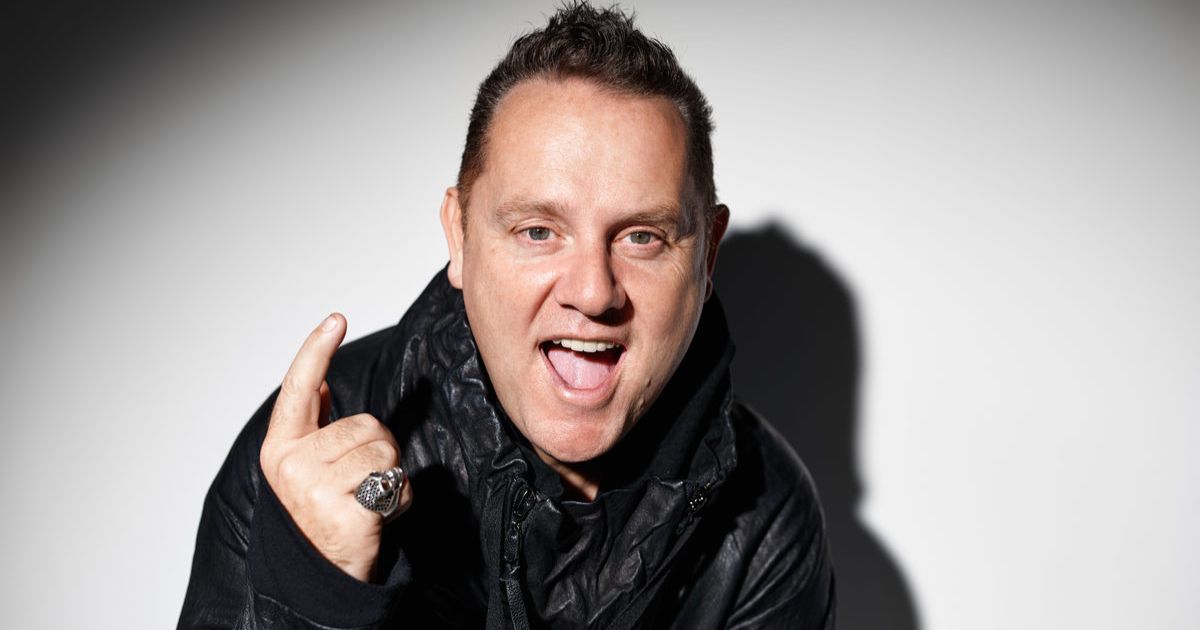Slow and steady is the way
Slow flow movement, holding poses for longer, and mindful breath work; Yin yoga is a uniquely restorative form of yoga becoming increasingly popular.
Yin yoga – unlike Yang forms of yoga such as Ashtanga and Vinyasa that target muscles – focuses on the ligaments, joints, bones, and deep fascia networks of the body.
According to Yin Yoga instructor at Zero Point Yoga, Angus Knott, in yin yoga poses are held for a minimum of three minutes, often five minutes or longer, leaving time to drop deeply into shapes as the connective tissue responds to the slow, steady load, by strengthening.
“Yin is a passive non-muscular practice, where in other styles of yoga are used to strengthen the muscles, really targeting cardio, and getting our heart rate up a little bit. In Yin we’re focusing on essentially the spaces between the muscles, the joints, the tendons, and putting a very gentle passive stress onto those points it will mean the tissues itself will stay healthy,” Knott said.
“It’s really important that you’re not in the furthest range of motion so what you would consider to be 100 per cent of your deepest stretch, you’re setting it at about 7/10.
“We need to stress the tissues in our bodies to keep them healthy so it’s really important we don’t just do strength work for our muscles but that we do focus on our ligaments and our joints.”
He said yin was usually ground-based, with a series of passive floor poses that mainly work the lower part of the body.
“Everything is close to the ground, so we don’t do any standing shapes or anything, it’s all really close to the earth.
“Quite often yin is sold as a purely restorative experience, like it’s going to make you very relaxed and you’re going to be floating on a cloud, that’s kind of incorrect in itself.

“Every shape has a target area that you’re trying to stretch and stress, so you should feel something.
“Nothing in this world is ever truly yin of truly yang, so there’s always going to be elements in a yin class that you find challenging, perhaps there’s a lot of breath movement or perhaps your thoughts are moving heaps.”
Knott said yin philosophy is more related to traditional Chinese medicine and to its roots in Daoism, where other forms of yoga are related to Buddhism and Hinduism.
“[Daoism] is a very simple philosophy in itself.
“Where a Buddhist would say ‘be here, now’, a Daoist would just say the word, “be” because here isn’t a thing, and now doesn’t exist.”
Practising Yin Yoga is said to:
- reduce stress and anxiety
- calm and balance the mind and body
- increase circulation
- improve flexibility
- release fascia
- improve joint mobility
- balance the internal organs, and
- improve the flow of chi.

Your Yoga Room owner Jahnna McKeag said while Yin yoga offers huge mental and emotional benefits, it is also said to improve the flow of chi in the body, as holding poses allows space to find stillness and peace with what the body is holding.
“You’re really dropping into space and into a really quite mediative state, so in essence it’s a practise of meditation.
“You’re practising quieting the mind in any form of yoga, but this one because there is really no movement and you’re dropping into a meditative state there can be a very deep connection with self and feeling the sensations.
“Often when we hold a state for a long time, a lot of sensations can come up in the body and there is quite a deep relationship with what is going on within you, and that can bring up a whole lot that you need to sit with and be okay with and I think it’s very personal, what you drop in to, really practicing acceptance, and being able to sit with what you are creating in that moment.”
McKeag said while she has taught other forms of yoga for years, she began practicing yin herself as a form of self-care during the pandemic.
“Yin for me was just a very, very quiet nurturing space to take care of myself.
“If you’re feeling tired and craving energy or you’re a little overstimulated and just need to ground and calm down yourself, yin yoga is a practise of coming down to a really nice quite space.
“At the end of the day it’s just a really super beautiful practise, that really anyone can do… it’s a bit of self-care.”


















